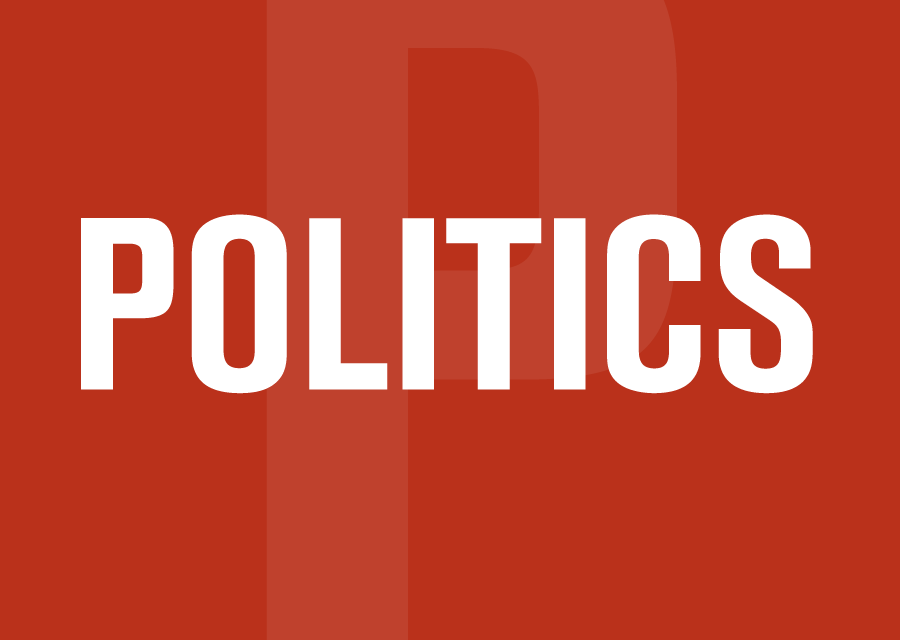As the old maxim has it, the road to hell is paved with good intentions, something that was on display the past couple of weeks at the annual United Nations COP28 climate conference in oil-rich Dubai.
After days of wrangling thousands of government officials, environment campaigners and oil industry lobbyists agreed on something that’s been obvious for decades – any meaningful reduction in Greenhouse Gas emissions means phasing out fossil fuels.
The November 2022 Conference of the Parties deadlocked over refusal of major emitting countries (like Canada) to phase-down fossil fuels. But at the end of what is likely to be the hottest year in human history, with floods, wildfires, melting permafrost and summer temperatures near 50°C in many places, the big polluters seem to have decided it’s time to relent a bit and trot out the good intentions.
So on its final day last Wednesday, participants in COP28 agreed to a declaration calling for global efforts to transition away from fossil fuels “in a just, orderly and equitable manner, accelerating action in this critical decade, so as to achieve net zero by 2050.”
Although media heavyweights like the New York Times, the Guardian and the BBC hailed it as a landmark, I’m inclined to side with Al Gore, who called the outcome of COP28 a failure, saying the declaration “reads as if OPEC dictated it word for word.” As if to confirm the former U.S. vice-president’s realistic view, Alberta Premier Danielle Smith hailed the Dubai consensus as a push back by “a growing alliance of thoughtful world leaders” against “radical activists (who) continue to push an approach that would consign the world to energy poverty and economic stagnation by focusing only on ending all fossil fuel use.”
In Smith’s view, those radical activists include federal Environment and Climate Change minister Steven Guilbeault who came to the conference armed with his own portfolio of good intentions. Those included a cap on oil and gas production emissions, aimed at a one-third cut in emissions by 2030. But the regulations implementing the cap won’t be finalized until 2025. Guilbeault also announced the federal government’s methane pollution plan, targeting 75 percent reductions by 2030.
International comparisons
Even though Danielle Smith and her ilk try to paint Guilbeault as a climate radical, the rest of the world can’t help but notice that good intentions are about the only weapon we bring to the international campaign to cut fossil fuel emissions.
Again this year the annual Climate Change Performance Index (CCPI) reveals this country’s past performance on emission reductions to be seriously deficient. The Index tracks the climate protection performance of nearly 70 countries and the European Union, which together account for over 90 percent of global greenhouse gas emissions.
This year’s index dropped Canada further down the laggard list, from 58th to 62nd best (and from sixth to fifth worst). Our score of 31.55 is an improvement over the 26.46 handed out last year, but was better than only five other countries – Russia, South Korea, Iran, Saudi Arabia and the host, United Arab Emirates. Denmark, with a score of 75.59, topped the list of countries.
With the help of Guilbeault’s COP28 announcement of timelines on the emissions cap and the methane reductions Canada may earn a better CCPI ranking next year. But the government continues to fail to produce evidence that its efforts up to now are getting results.
Earlier this month Guilbeault’s department released a 227-page report on progress toward its goal to reduce emissions 40 percent below 2005 levels by 2030. The minister introduced the report with the claim the government is “on a solid path toward our 2030 target,” as well as meeting a 2026 interim objective of a 20 percent cut.
Achieving the latter objective would mean cutting around 100 megatons of GhG emissions over the next three years, a boast that would be more credible if the government could show that measures introduced over the last eight years – 140 of them according to the report – were having a major impact. That has not been the case.
Emissions increased slightly from 2016 to 2019, before pandemic lockdowns contributed to a 65 million ton reduction in 2020. However, according to the European Commission Joint Research Centre’s Emissions Database for Global Atmospheric Research (EDGAR) much of that drop has been offset by increases over the past two years.
Percentage Change in GhG emissions by year, Canada, Global and selected countries
| 2020 | 2021 | 2022 | 2019-22 | |
| Global | -3.7% | 4.8% | 1.4% | 2.3% |
| Canada | -8.2% | 3.0% | 3.2% | -2.4% |
| United States | -8.7% | 5.5% | 1.6% | -2.2% |
| European Union | -7.7% | 5.6% | -0.8% | -3.4% |
| China | 1.9% | 5.1% | 0.3% | 7.4% |
Source: European Commission
As the table shows, Canada, along with the US and the EU, all had lower emission in 2022 than in 2019 while global emissions and those of China, the world’s biggest emitter, increased. However, as the EDGAR estimates for 2022 show, Canada’s emissions that year increased by 3.2 percent, more than double the Global increase.
The 3.2 percent increase estimated by EDGAR is higher than the two percent rise estimated by the Canadian Climate institute in September. We will get the official Canadian government estimate for 2022 in a few months when the government releases the latest National Inventory Report, prepared for or the United Nations. If that report shows the same kind of increase as the European Commission estimates there will be political consequences at home.
The Poilievre Conservatives are itching for a carbon tax election, focused on their “axe the tax” commitment. Their opponents can try to counter with the charge that the Poilievre party has no credible emission reduction plan. But that case would be much stronger if in addition to touting their good intentions and optimistic projections, the government could point to actual emission reductions that are the result of policy, not a pandemic lockdown.
Of course the Conservatives may not get the ballot question they want. The next federal election doesn’t have to happen before the Fall of 2025, and issues can change. Affordability may recede in importance, which would be good news, while concern about the environment could intensify.
Unfortunately, that heightening of concern would be the result of more bad climate news. This year was the hottest in recorded history, and scientists expect 2024 to be more of the same, as the El Niño climate pattern accelerates the warming driven by GhG emissions.
-30-






Another good one, Richard. You never disappoint.
Thank you sir. And happy holidays to you all.